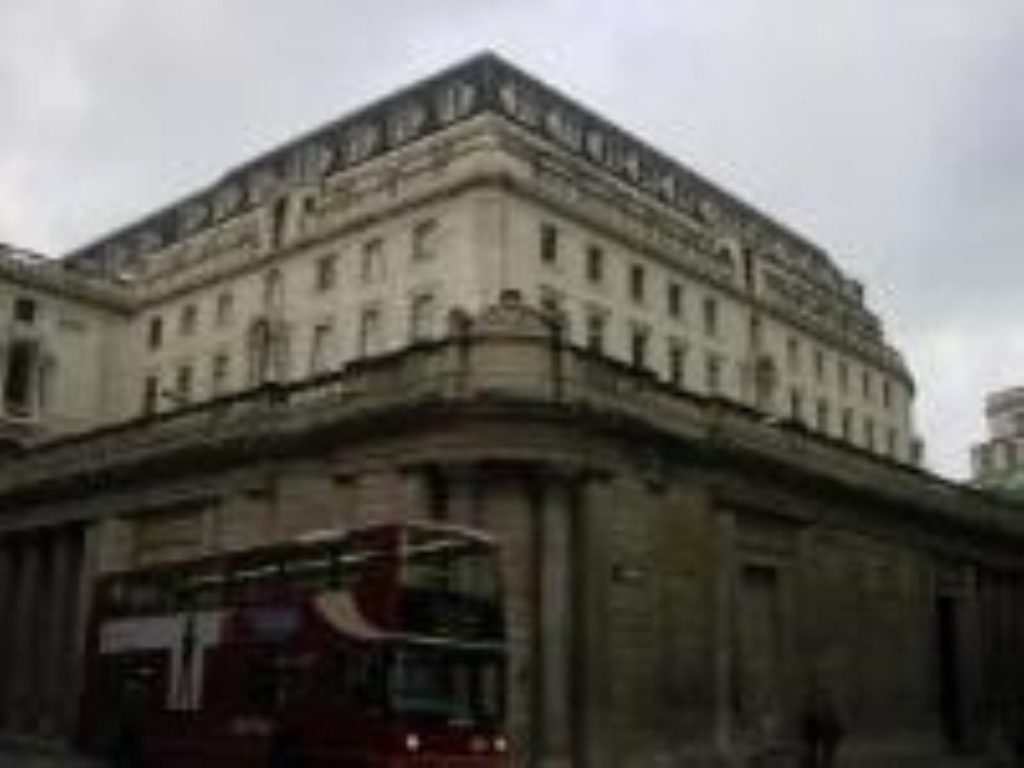Bank maintains interest rates
The Bank of England announced today that it is to maintain interest rates at their present level.
The Bank’s Monetary Policy Committee (MPC) has decided to maintain interest rates at their 48-year low of 3.75%.
Analysts had been split on whether the MPC would slice another 0.25% off interest rates. Economic data over recent weeks has shown that manufacturing has seen a slight improvement in its conditions after the high level of the pound began to drop.
Consumer spending and the housing market which has been driving the UK’s economy growth have shown signs that a slowdown has begun. Economic growth in the first three months of 2003 only managed 0.2 per cent and recent house price surveys revealed that the time of double-digit growth is over.


It is believed that the main reason for maintaining interest rates at their present levels was due to the value of Sterling. Analysts believed that the Bank was going to cut interest rates by 0.25 per cent in an effort to help the ailing manufacturing sector.
However, over recent weeks the value of the pound has dropped dramatically giving manufacturers a brighter outlook for their exports.
Liberal Democrat Shadow Chancellor, Matthew Taylor called on the Chancellor to act to address the imbalances in the UK’s economy.
Mr Taylor stated, “The accumulated imbalances in the economy leave the Bank unable to act to help business, especially manufacturing. The Chancellor has been unwilling to act – his legacy is 500,000 fewer jobs in manufacturing since 1997 – manufacturing output is now 6.6% lower than in 2000.”
“With investment plummeting and manufacturing in its worst state for a decade, Gordon Brown must set out his plans to kick-start investment and productivity.”
The British Chambers of Commerce (BCC) expressed disappointment that the MPC did not cut rates to counter the growing threat of weak domestic and external demand and worsening business prospects.
The BCC argued that the MPC should cut rates and if inflationary pressures are affected later then the Bank could act then. The BCC argued that although cutting interest rates would help it would be better to cut the taxation and regulatory burden on business.
Director General of the BCC, David Frost commented, “In these dangerous circumstances, it is vital for the MPC to adopt a flexible stance and act rapidly to counter new risks. If inflation shows signs of rising later in the year, policy can be tightened quickly.
“But in the immediate future, lower interest rates may not be sufficient to support activity on their own, and the Government may well need to take urgent action to cut the tax and regulatory burden on UK businesses.”












